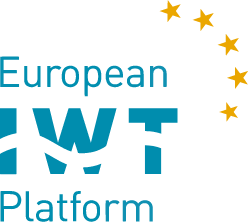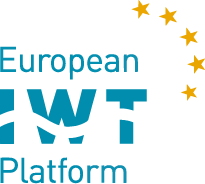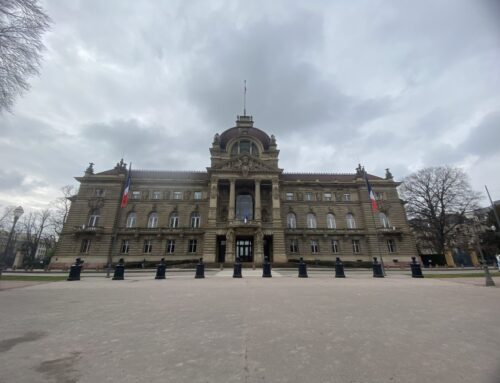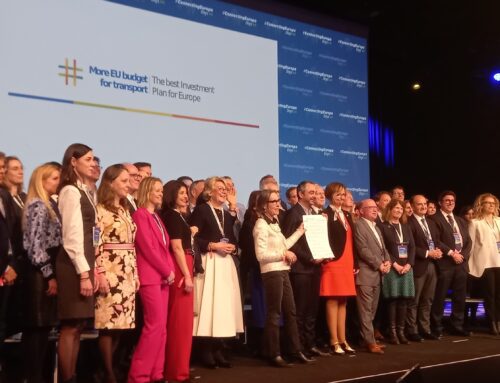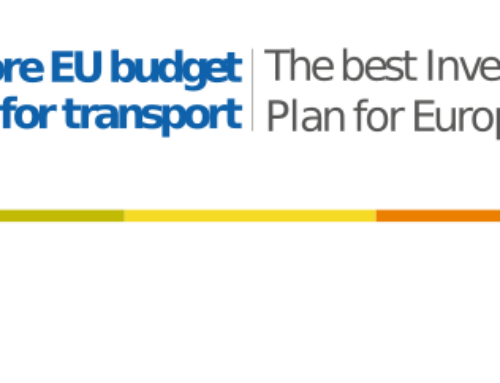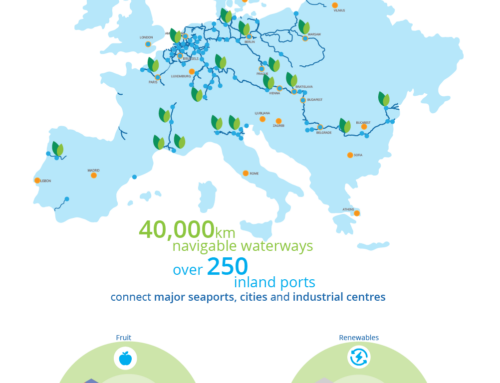Caroline Nagtegaal is from Rotterdam, the Netherlands, and she formerly worked for the Port of Rotterdam Authority and Royal Schiphol Airport Group. She was elected in the European Parliament since November 2017 on behalf of the Dutch liberal party VVD. Since 2019, she is a Member of the Transport (TRAN) Committee and has been appointed as Vice-Coordinator for her political group, Renew Europe.
She worked on a European plan through online consultation hours and on the basis of talks and discussions with shipowners, inland ports and shipbuilders. Consequently, the Renew Europe position paper on a strategic agenda for future proof inland waterway transport in Europe was adopted in autumn last year. Now, she has been appointed as rapporteur for the own-initiative report Towards future-proof Inland Waterway Transport (IWT) in Europe in the Committee on Transport and Tourism of the European Parliament.
What are the challenges?
What should happen?
Caroline considers that the freedom of movement and the growth of economic activities are not incompatible with demanding high protection of the environment. This is why, in the position paper, it is proposed to shift European transport policy in favour of inland waterway transport, urging for effective measures boosting multimodality. The EU has a dense network of inland waterways but its infrastructure requires crucial updating (e.g. bridges, locks, and interoperable deployment of digital technologies across borders). If Europe were to make greater use of inland waterway transport for freight transport and passenger transport, the sector could play a key role in the energy transition and in reducing congestion on our roads, but also in our densely populated cities. After all, the smallest inland waterway ship can replace 14 trucks, the biggest vessels could even get 660 trucks off the road.
The inland waterway sector is a sector consisting of many small and medium-sized enterprises and family businesses. It is an ambitious sector that wants to digitalise and decarbonise, but these investments cannot be realized alone. That is why we need to invest in European inland waterway transport at European level. Moreover, regulations and complicated administrative procedures are in the way of companies, for example in the application for certification of hydrogen-powered vessels. This needs to be changed at European level.
Caroline adds: ”As 75% of EU inland waterway traffic crosses borders, an efficient and resilient cross-border inland navigation system is crucial. This is important especially now as the COVID-19 crisis poses new challenges to the sector. I fully support the inland waterway sector in its efforts to invest in sustainable solutions and digitalization, which helps to reduce road and urban congestion, creates jobs and contributes to a more sustainable transport system as a whole. The main challenge for this sector is to create a robust business case – especially for the self-employed, the family businesses and other SMEs – to make the necessary investments in clean and smart ships. Therefore, a wide range of financial tools are needed, in particular a dedicated European inland waterway fund.”
02 March 2021
Source: The European Parliament
